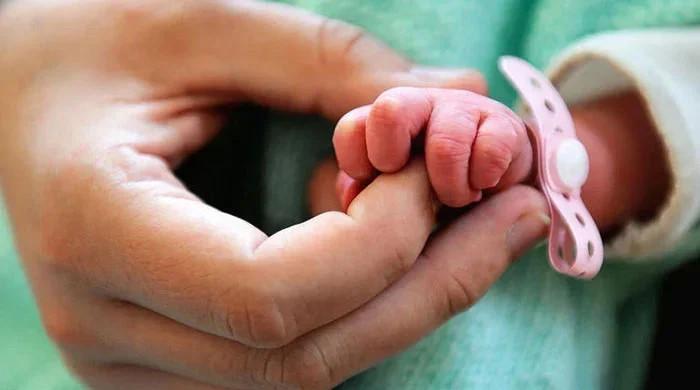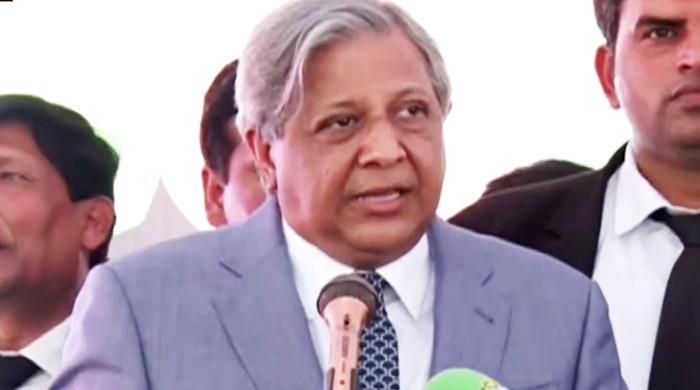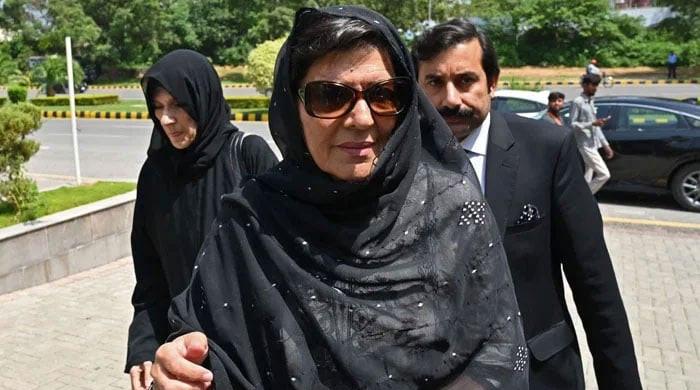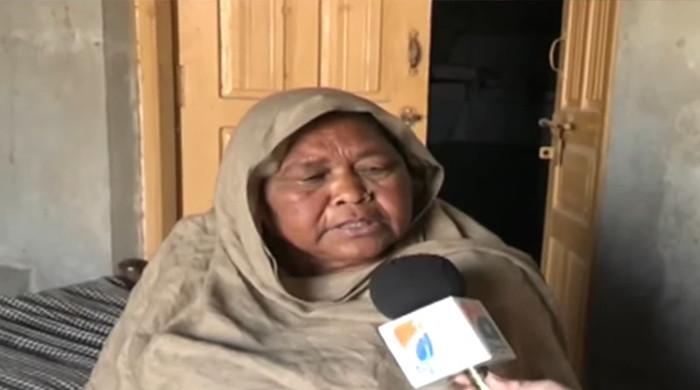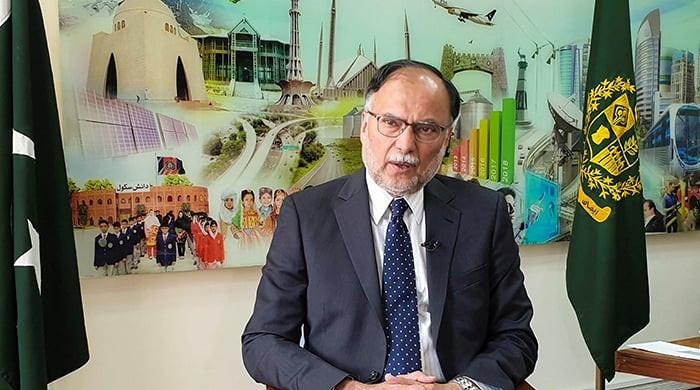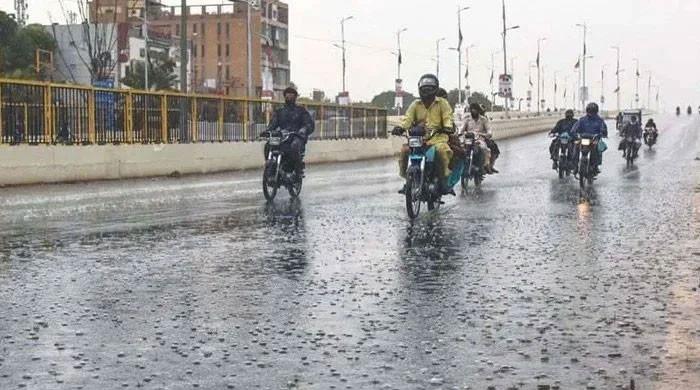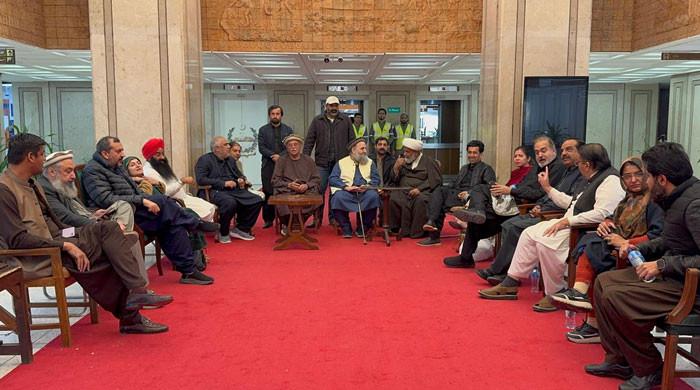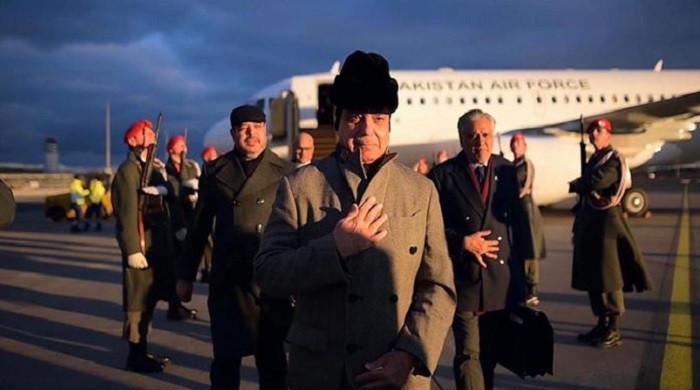Pakistan did not progress as rapidly as it was supposed to: PM Imran Khan
PM Imran Khan says Pakistan must attract foreign investment and put an end to money laundering
August 10, 2021
- PM Imran Khan arrives in Karachi to chair meetings at the Karachi Port Trust (KPT) headquarters.
- PM says Pakistan must end reliance on imports, attract foreign investment.
- PM Khan stresses on putting an end to money laundering.
KARACHI: Prime Minister Imran Khan said Tuesday that Pakistan did not progress as rapidly as it was supposed to, citing money laundering and corruption as major drawbacks.
The prime minister said this while speaking at the inauguration ceremony of the Ship Lift and Transfer System at the Karachi Shipyard after arriving in the city on a day-long visit.
"Since I grew up side-by-side with Pakistan, let me say on this occasion that we [country] were not able to progress and reach our potential as we were supposed to," said PM Khan.
The prime minister said instead of standing on their own feet and using their genius, Pakistanis lost their way.
"We became an import-led economy and Pakistan started relying on foreign aid," regretted PM Khan. "We didn't recognise our power. Whenever someone starts to depend on crutches, his physique deteriorates," he added.
PM Khan used this example to state that God has made nations in a similar way, adding that when they learn to struggle and rise above hurdles, they prevail in the end.
He said the Almighty Allah tells Muslims to learn from the example of Holy Prophet Muhammad (PBUH), adding that whichever states adopt the principles of the Riyasat-e-Madinah, it would always rise above its problems.
Highlighting his government's priorities, PM Khan said Pakistan must end reliance on imports and attract foreign investment in the country. He said it was also important for the country to end money laundering so that the dollars it earns does not leave the country.
Towards the end of his speech, the premier expressed happiness that Pakistan was finally on the path to achieve prosperity, paying tribute to Chief of Naval Staff Amjad Niazi for taking the initiative to launch the Ship Lift and Transfer system.
Karachi visit
During his stay in Karachi, the prime minister is scheduled to chair important meetings at the Sindh Governor House.
The premier will also be given a briefing at the Karachi Port Trust (KPT) on the various federal government projects that are being executed in the city under the Karachi Transformation Plan's umbrella.
It is expected that the prime minister will issue directives on their implementation.
PM Imran Khan will be briefed on the Karachi Circular Railway (KCR) project by Railways Minister Azam Swati, said sources, adding that after the meetings at the KPT, the prime minister is expected to pay a visit to the Hub Chowki.
After his official engagements are over, the prime minister is expected to return to Islamabad by Tuesday night.
Karachi Transformation Plan
After torrential rains last year left Karachi's main arteries and roads inundated and life came to a crippling halt in the provincial capital, PM Imran Khan announced a Rs1,100bn development package for Karachi.
PM Imran Khan had referred to the Karachi Transformation Plan as a "historic" Rs1,100bn development package that will cater to the city's diverse problems ranging from water supply, to transport and solid waste management.
Chalking out the course of the plan, the premier had said that the first issue the government will tackle is that of the city's water supply, by finishing the Greater Karachi Water Supply Scheme, better known as K-IV. He had expressed hope that Karachi's water supply issue will be fully resolved in the next three years.
The prime minister had assured masses that the transformation package would address the city's sewerage and solid waste disposal problems.
Stressed on reforming the transport system in Karachi, he had said that the Karachi Circular Railway, the Bus Rapid Transit and other lines are included in the plan.
PM Khan had said that the long-term development plan will span three years with the first phase of the plan to take a year while the rest will be implemented in two years.




